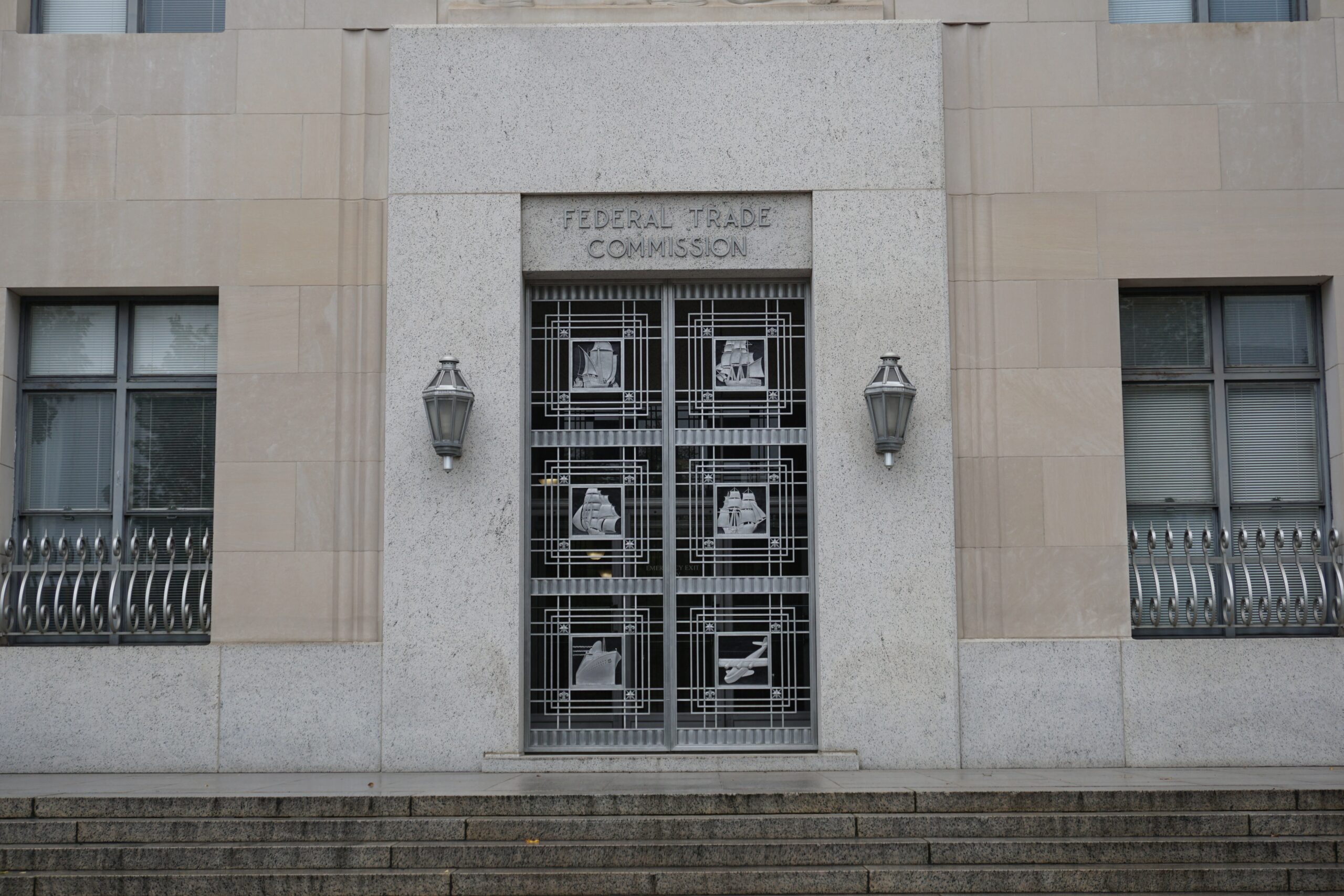The Federal Trade Commission (“FTC”) was created by Congress in 1914 as an antitrust and consumer protection agency. The FTC is tasked with issuing regulations and enforcing over 70 federal laws including the Federal Trade Commission Act, the Telemarketing Sale Rule, the Identity Theft Act, the Fair Credit Reporting Act and others. More generally, the FTC is tasked with the following:
- Preventing fraud, deception and unfair business practices
- Enforcing federal antitrust laws with respect to anticompetitive mergers
- Regulating any type of business practice that has anticompetitive effects, causes higher prices, creates fewer consumer choices or results in a loss of innovation
- Combating telemarketing fraud, internet scams and/or price-fixing schemes
- Regulating business practices with respect to data cybersecurity and protection of consumer data privacy
If your company or business comes to the attention of the FTC with respect to a violation of statutes within its regulatory purview, you can expect an investigation. Sometimes, the FTC will conduct an informal investigation. But, just as often, an information investigation will morph into a formal investigation that can have significant legal and financial impacts on your business. Either way, you will need experienced regulatory compliance and FTC lawyers to provide legal services concerning the investigation. If you are being investigated by the FTC, call us here at Revision Legal. You need the best FTC law firm. Here is a brief summary of the stages of an FTC investigation.
Informal Investigation
As noted, most FTC inquiries begin with an informal investigation. Generally, the first indication that the FTC has concerns is a letter received from an FTC investigator. Typically, documentation is requested and a series of questions are posed. The FTC may — or may not — offer information as to why they are conducting an investigation. The FTC can start an investigation based on its own initiative, at the request of other governmental agencies or because of complaints from consumers.
Generally, the requested documentation is reviewed. Often, additional information is requested and requests are made for interviews with key company personnel. There may also be third party interviews conducted (but your company may receive no notice of such interviews). If the legal issues are technical — such as a claim of lax cybersecurity — then the FTC’s information requests might be very detailed and granular and reviewed by an FTC team of relevant experts. The purpose of this information review is to determine if violations have occurred and if further action is required.
As also noted, you will need to hire excellent FTC response attorneys to help at this initial stage. The goal is to have the information investigation end with “no further action.” Alternatively, the goal is to reach some sort of informal resolution with the FTC.
Full Investigation
Sometimes, the FTC is sufficiently concerned with alleged violations of statutes and regulations that a full investigation is commenced from the start. As with an information investigation, this will entail demanding extensive documentation with respect to the legal issue involved and, again, interviews will be conducted by FTC investigators of key company personnel and third parties.
At some point, a full investigation will also entail the filing of some form of litigation in federal court (which is sometimes, at the request of the FTC, initiated by the Department of Justice). Obviously, once litigation is commenced, legal matters have become quite serious. If a resolution can be reached with the FTC, likely, a formal Settlement and Consent Order will be filed with and entered by the relevant federal court.
For more information, call Revision Legal’s experienced FTC compliance and internet attorneys today for assistance. You can contact us through the form on this page or call (855) 473-8474.




